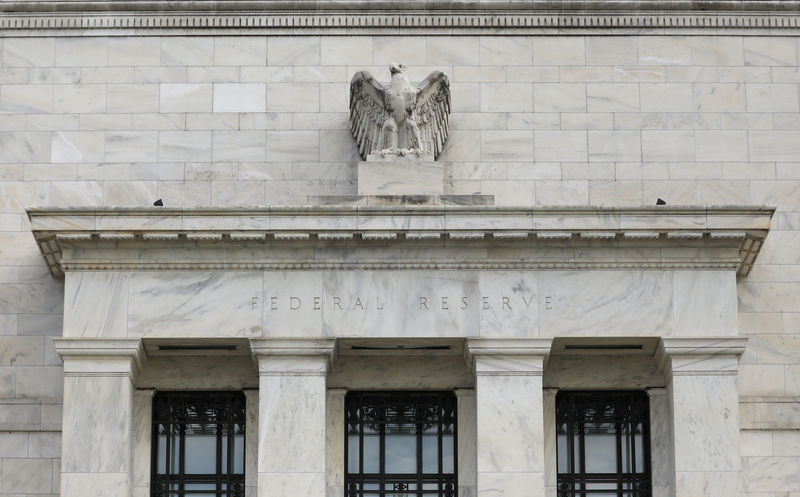(Bloomberg) -- Federal Reserve officials signaled they remain on track to raise interest rates next month despite uncertainty posed to the global economy by Russia’s invasion of Ukraine.
While acknowledging the risks created by the conflict, which has triggered one of the worst security crises in Europe since World War II and caused oil prices to surge, U.S. central bankers stressed the need to confront the hottest U.S. inflation in 40 years.
“Barring an unexpected turn in the economy, I believe it will be appropriate to move the funds rate up in March and follow with further increases in the coming months,” Cleveland Fed President Loretta Mester said Thursday at an event hosted by Lyons Companies and the University of Delaware.
“The implications of the unfolding situation in Ukraine for the medium-run economic outlook in the U.S. will also be a consideration in determining the appropriate pace at which to remove accommodation,” she said.
Fed officials prior to the Russian invasion had vigorously signaled their readiness to raise interest rates when they meet March 15-16 to confront inflation, while keeping their options open on how far or how fast they move following liftoff.
Mester was among five U.S. central bankers scheduled to speak publicly on Thursday and her sentiment was echoed by Atlanta’s Raphael Bostic, who said that he currently still expects to raise rates in March provided the economy evolves as he anticipates.
“If the numbers come in close to that I think that can we continue with our liftoff plan,” he said during the Atlanta Fed’s Banking Outlook Conference. “We’ll just have to see where things go. I know we have seen over the past several weeks that oil prices have increased dramatically, as have natural gas. That could have ripples.”
Traders and economists alike still see the Fed kicking off rate hikes in March, though the geopolitical risks make a half-point move less likely. Interest-rate futures show a quarter-point increase next month is more than fully priced in.
“The current situation is different from past episodes, when geopolitical events led the Fed to delay tightening or ease, because inflation risk has created a stronger and more urgent reason to tighten today than existed in past episodes,” Goldman Sachs Group Inc (NYSE:GS). economists Joseph Briggs and David Mericle wrote in a note to clients.
Soaring energy costs could push headline inflation even higher, although the Fed typically looks at them for what they mean for household spending -- with higher oil price hitting Americans in the pocketbook, dampening demand.
1970s Shock
But lessons from the 1970s oil shock are likely to also weigh on policy makers grappling with high inflation that they worry could become entrenched, and that concern is expected to dominate.
“Geopolitical events add upside risk to the inflation forecast even as they put some downside risk to the near-term growth forecast,” Mester said. “The ultimate pace at which monetary policy accommodation is removed will need to be data driven and forward looking.”
Earlier on Thursday Richmond Fed chief Thomas Barkin said that “time will tell” whether Ukraine changes the outlook for policy, while affirming his inclination to start normalizing policy to counter price pressures.
Barkin said that U.S. links to the Russian economy and the exposure of U.S. banks to the county appear to be limited, though officials would examine the impact on energy and commodity markets for potential spillovers to the U.S. He also noted that when Russia annexed the Crimea in 2014 the fallout had been limited.
“So if this evolves like 2014 I don’t think you are going to see much change to the underlying logic that I talked about. But this is uncharted territory. So we will have to see where the world goes.”
©2022 Bloomberg L.P.
